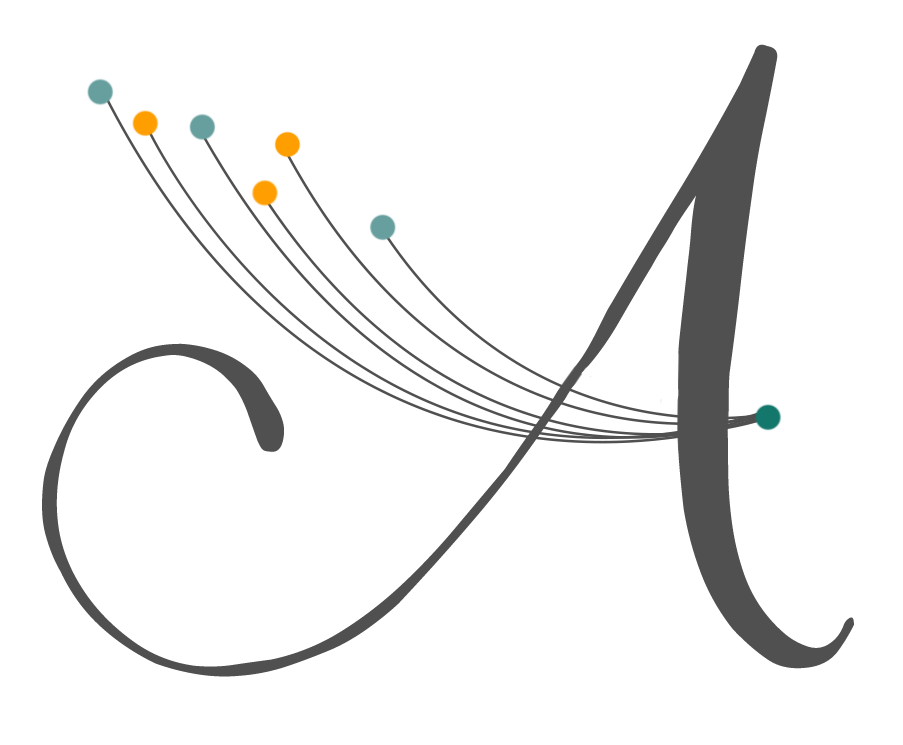CARES℠
TRAINING WORKSHOPS
CARES℠ model workshops use actual medical scenarios, role-playing, experiential learning, and practice with on-line tools so that participants become proficient in applying the model. Each workshop is designed to last 4 hours. Topics include:
Medical treatment plan decision-making
Selecting health insurance benefit plans
Identifying and communicating with doctors, specialists and hospitals
Planning for healthy aging and longevity
Coordinating care for palliative care and end of life
The content of each workshop is tailored to each audience based on their priorities and interests. Workshops can be delivered in 1-2 day programs.
WHAT IS
THE CARES℠ MODEL?
People need – and deserve – to have a voice in their medical care decisions. The CARES℠ model is a step by step framework that consumers can use to make well-informed decisions about their medical care. The model is designed around the philosophy that patients and physicians are on a level playing field: physicians are experts in medical care and patients are experts in themselves.
Consumers who use the CARES model process learn how to identify their personal preferences and actively engage in their own medical care decisions. Clinicians who use the CARES Model learn how to elicit preferences from patients and invite them to participate in shared decision-making. The model helps assure that people make smart healthcare decisions that balance the best medical options with individual preferences.
Healthcare Choices: 5 Steps to Getting the Care You Want and Need (Rowman & Littlefield, 2017) gives readers the tools they need to learn how to use the CARES℠ Model for their medical decisions.
BUY THE BOOK:
PRIVATE
Health ADVISOR
Navigating a complex medical situation can be overwhelming, especially when trying to advocate for yourself. As a Private Medical Advisor, Archelle leverages her deep expertise in healthcare, the CARES℠ Model framework, and an in-depth understanding of insurance benefits to provide personalized guidance and support.
She helps clients communicate effectively with their doctors, access top specialists, fully understand their treatment options, and make confident, informed decisions. Beyond immediate medical concerns, Archelle also works proactively to optimize long-term health—reviewing care plans, medications, and insurance coverage to ensure clients are prepared before issues arise.
Every client relationship is highly personalized, tailored to individual needs, and designed to bring clarity and peace of mind in even the most complex healthcare situations.
